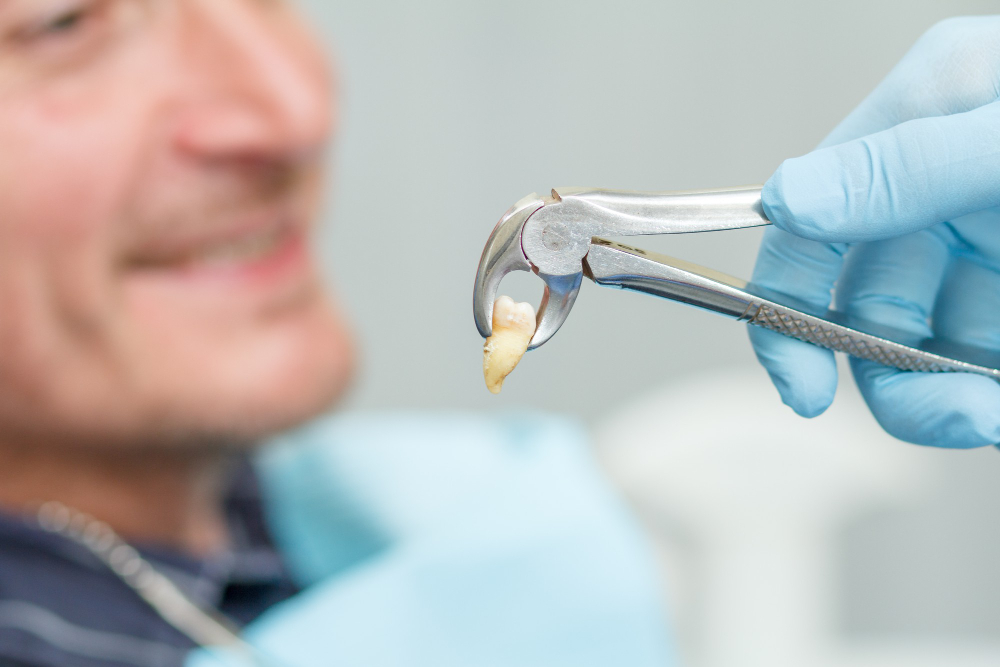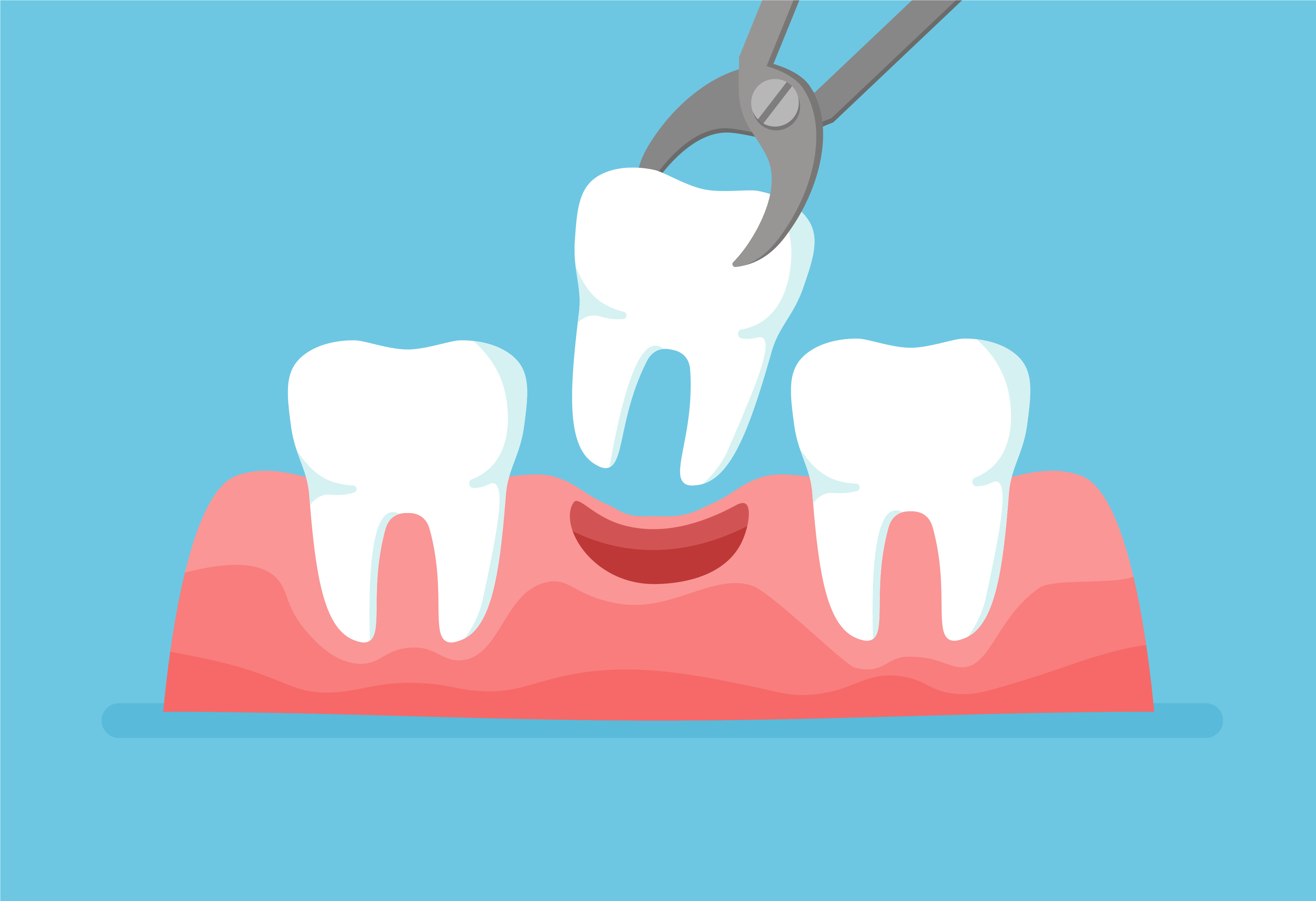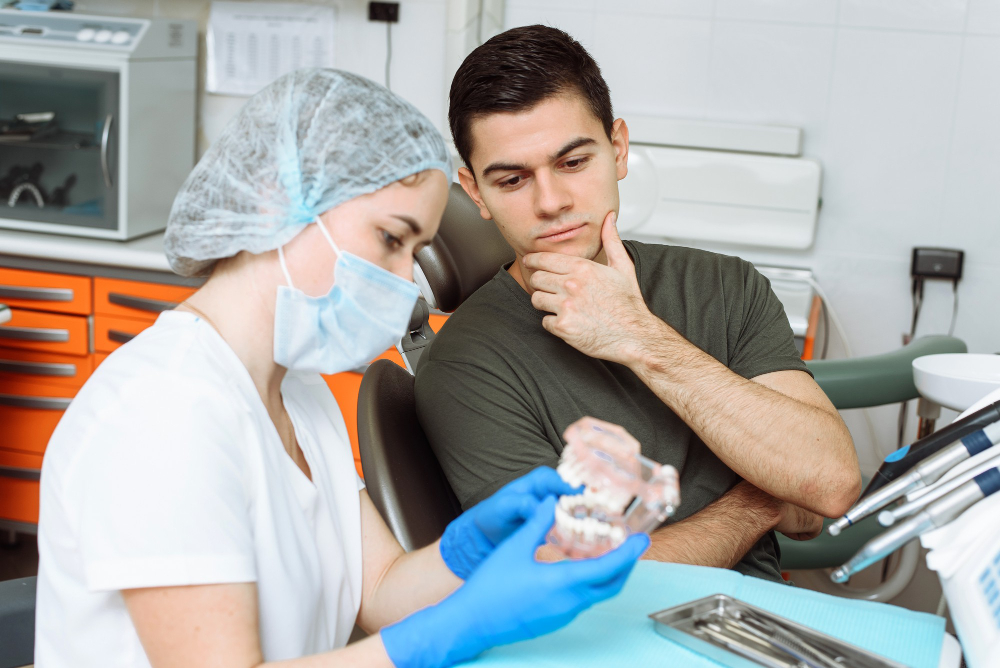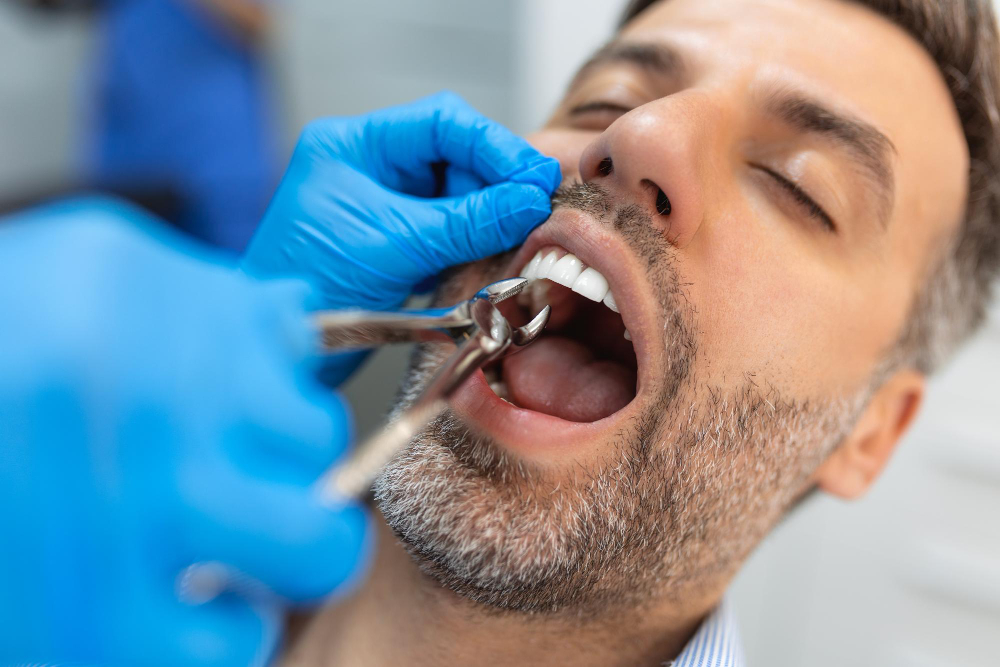
When a tooth becomes too damaged or infected to be saved, a tooth extraction is often the best way to restore comfort and protect your oral health. At Hills Dental Group, our team combines precision, modern technology, and gentle care to make your experience as smooth as possible. Whether you’re dealing with severe pain, a decayed molar, or an impacted wisdom tooth, our dentists ensure a painless tooth extraction and fast healing with minimal downtime. We’re trusted for Tooth Extractions in San Jose that prioritize patient comfort and long-term dental wellness.
What Is Tooth Extraction?

A tooth extraction is a dental procedure in which a tooth is carefully removed from its socket in the bone. This treatment may be required for a variety of reasons, including severe decay, infection, trauma, or crowding. In some cases, removing a tooth is the only way to prevent infection from spreading to surrounding teeth and tissues.
At Hills Dental Group, we use advanced diagnostic tools and precise imaging to determine if extraction is necessary. Our specialists focus on conservative care first, but when removal is essential, we ensure the tooth extraction process is comfortable and predictable from start to finish.
There are different types of extractions depending on the case:
When it comes to wisdom teeth, our team specializes in wisdom tooth extraction procedures designed to minimize swelling and discomfort while promoting faster healing.
When Do You Need a Tooth Extraction?

Your dentist may recommend a tooth extraction for several dental issues, including:
If sudden pain, trauma, or infection occurs, you might need an emergency tooth extraction. Our skilled team is equipped to perform emergency molar removal quickly and safely, providing instant relief from severe pain or swelling.
Remember, timely treatment can prevent complications. When in doubt about persistent pain or swelling, seek care from the best dentist for tooth extraction in San Jose at Hills Dental Group.
Step-by-Step Tooth Extraction Procedure

Understanding what happens during the tooth extraction process helps reduce anxiety and prepare you for treatment. Here’s what you can expect at Hills Dental Group:
1. Examination and Imaging
We start with a detailed dental exam, including X-rays, to evaluate the position of the tooth and surrounding bone. This helps plan the best approach for a safe tooth extraction surgery or wisdom tooth extraction.
2. Local Anesthesia
Before the procedure begins, local anesthesia is administered to numb the area completely. Our focus on painless tooth extraction ensures you feel no discomfort during the procedure.
3. Tooth Removal
For simple cases, the dentist gently loosens and removes the tooth. In complex or impacted cases, a tooth extraction surgery is performed, where a small incision may be made in the gum to access the tooth.
Our experts perform every wisdom tooth extraction with utmost precision, ensuring minimal tissue trauma and faster recovery.
4. Emergency Treatments
If you have sudden pain from infection or trauma, we provide emergency molar removal and emergency tooth extraction services to prevent complications and restore comfort immediately.
5. Post-Procedure Care
Once the extraction is complete, we place gauze to control bleeding and provide detailed aftercare instructions, including how to stop bleeding after extraction and when to see a dentist after extraction if pain or swelling persists.
Dos and Don’ts After Tooth Extraction
Do’s:
Don’ts:
For those asking how long it takes to recover from a tooth extraction, most patients feel back to normal within 7–10 days, depending on the type of extraction and their body’s healing ability.
Frequently Asked Questions About Tooth Extraction
Is Tooth Extraction Painful?
+How Long Does It Take to Heal After Tooth Extraction?
+Can You Replace a Tooth After Extraction?
+Is Tooth Extraction Better Than Root Canal Treatment?
+What Foods Can I Eat After a Tooth Extraction?
+Copyright © 2020-2026 Hills Dental Group. All Rights Reserved. Privacy Policies













